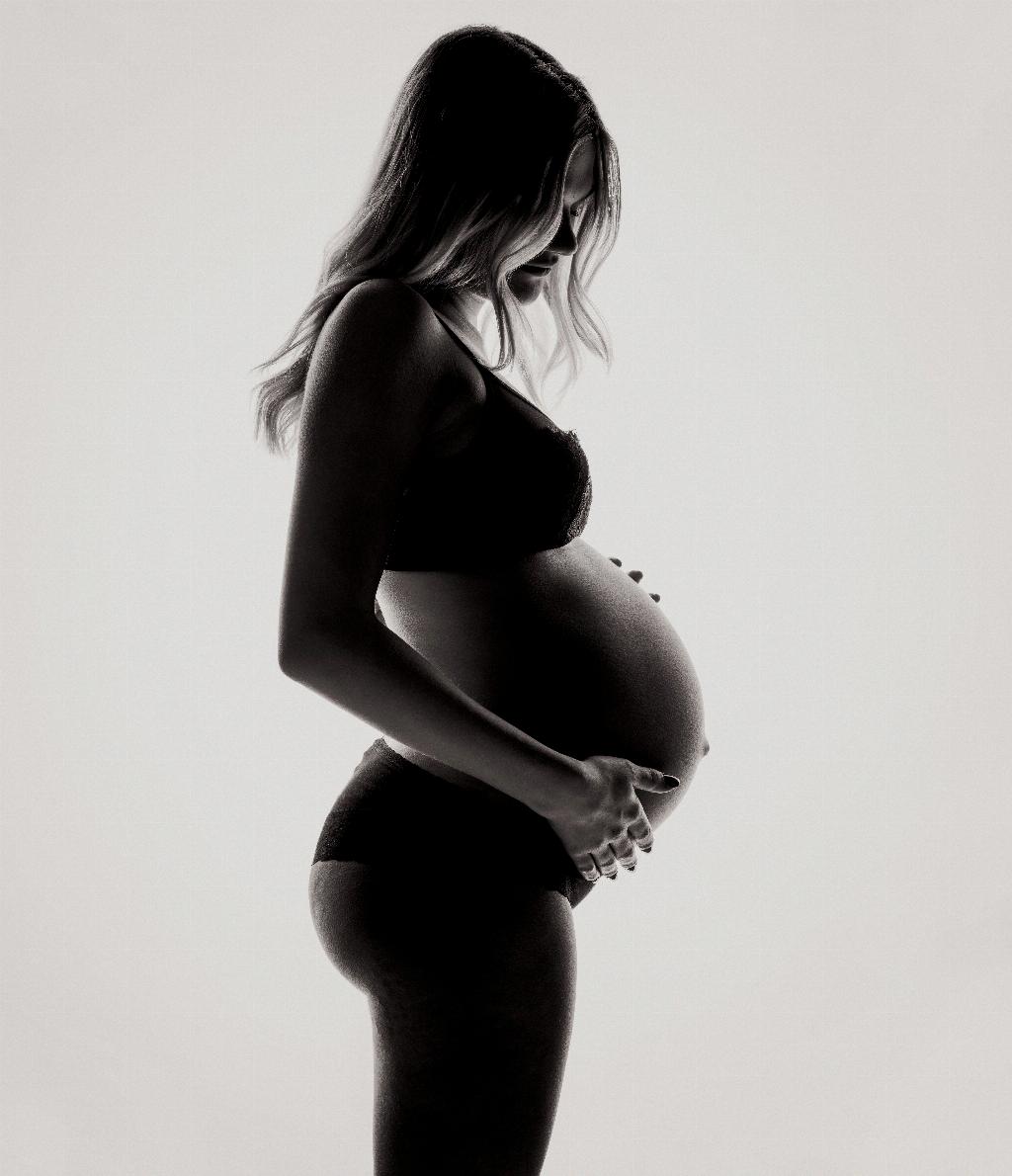As a woman progresses through her pregnancy journey, she reaches a critical phase called the third trimester. Understanding when this phase starts and ends is essential for expecting mothers to adequately prepare themselves for the upcoming birth of their baby.
Defining the Last Trimester
The last trimester of pregnancy typically begins around week 29 and continues until week 40, encompassing months 7, 8, and 9 of the pregnancy. It is during this time that the fetus experiences significant growth and development, preparing for its eventual entry into the world.
Significant Changes in the Third Trimester
During the last trimester, the baby’s movements become more pronounced and vigorous as they adjust their position in the womb in preparation for birth. This is often when mothers first encounter the sensation of Braxton Hicks contractions, also known as false labor pains.
Physical Transformations
Expectant mothers may notice significant physical changes during the third trimester. The abdomen continues to expand as the baby grows, often leading to backaches, frequent urination, and shortness of breath. Swelling in the hands and feet, known as edema, may also occur due to increased fluid retention.
Emotional Rollercoaster
Aside from the physical symptoms, the last trimester can also be an emotional rollercoaster for many pregnant women. Hormonal fluctuations, coupled with anxiety and anticipation about the impending birth, can lead to heightened emotions and mood swings.
Preparation for Labor and Delivery
As the due date approaches, expectant mothers should focus on preparing for labor and delivery. Attending childbirth education classes, packing a hospital bag, and discussing birth preferences with healthcare providers are crucial steps to ensure a smooth birthing experience.
Importance of Prenatal Care
Regular prenatal check-ups become even more critical during the third trimester to monitor both the mother’s and baby’s health closely. Healthcare providers will assess fetal growth, check vital signs, and address any concerns or complications that may arise.
Diet and Nutrition
Proper diet and nutrition play a vital role in supporting the health and development of the baby during the last trimester. Expectant mothers should focus on consuming nutrient-dense foods rich in vitamins, minerals, and protein to meet the increased demands of pregnancy.
Physical Activity and Rest
While staying active is essential for a healthy pregnancy, expectant mothers should listen to their bodies and avoid strenuous activities during the last trimester. Adequate rest and relaxation are equally important to maintain energy levels and promote overall well-being.
Common Discomforts
It is common for pregnant women to experience discomforts such as heartburn, indigestion, and insomnia during the third trimester. Finding relief through natural remedies, proper posture, and sleeping positions can help alleviate these symptoms.
Final Preparations
In the final weeks of the last trimester, expectant mothers can focus on finalizing preparations for the arrival of their baby. Setting up the nursery, washing baby clothes, and completing any remaining tasks on the checklist can help reduce stress and ensure a smooth transition into parenthood.
Anticipating the Arrival
As the last trimester comes to a close, the anticipation of finally meeting the baby grows stronger. Embracing this exciting time with a mix of emotions, from nervousness to excitement, is all part of the incredible journey towards motherhood.

